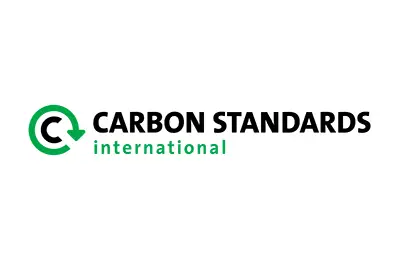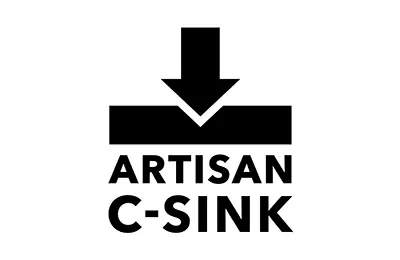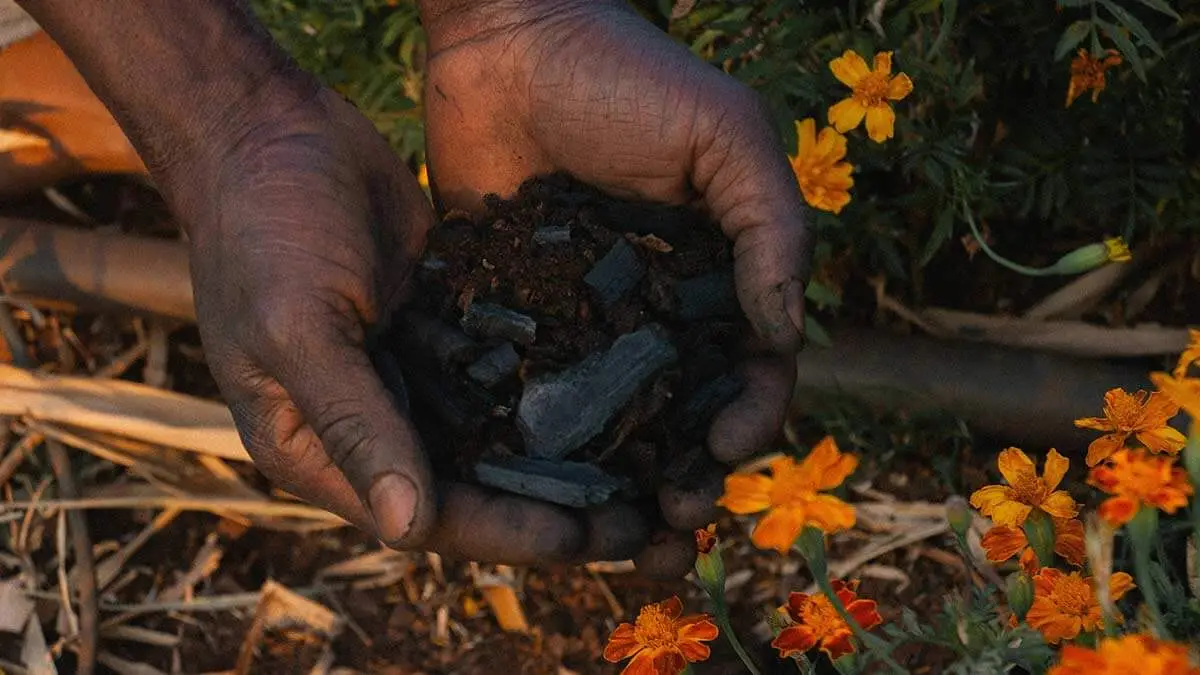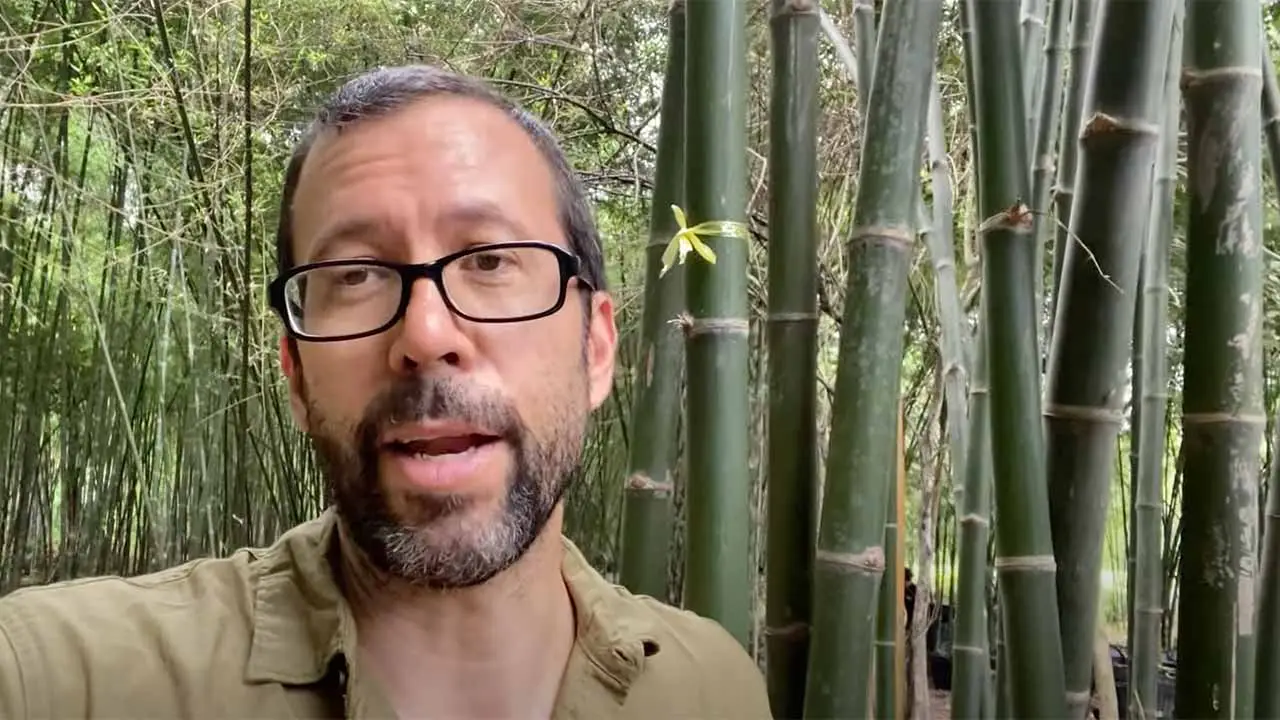Small-scale bamboo farming is a central part of Thailand’s cultural fabric. The country’s long history of bamboo cultivation supports industries such as construction, tourism, agriculture, and fisheries that utilize bamboo materials. When bamboo poles are processed, unusable parts are burned, releasing CO2 into the atmosphere. This project repurposes bamboo waste into biochar, avoiding these emissions and creating long-term carbon removals. Bamboo and rice farmers use biochar as an organic fertilizer, improving soil health, boosting climate resilience, and enhancing agricultural productivity.
Where & Why
Prachin Buri, a province in Thailand located about 75 miles (120 kilometers) outside of Bangkok, is an area abundant in biodiversity. It encompasses the Bang Pakong River valley and the higher lands of the Sankamphaeng Mountain Range. This area is home to three national parks, which together form the largest protected area in Thailand, covering over 1,100 square miles (3,000 square kilometers) of lush forests. Prachin Buri’s wild landscapes provide a secluded playground for outdoor enthusiasts, offering activities like river rafting, waterfall exploration, and wildlife watching. One of Prachin Buri’s archeological sites, Sa Morakot, holds special significance for its ancient Buddha “footprints” carvings.
Along with its natural and cultural attractions, Prachin Buri is an important agricultural hub. The tropical climate and fertile river valley provide opportune conditions for rice cultivation and bamboo production. Many of the small, family-owned plantations in Prachin Buri have farmed their crops for generations.
Bamboo cultivation is deeply ingrained into Thai life and culture. Bamboo’s strength, flexibility, and fast growth rate make it a highly versatile and sustainable material in tropical destinations. Thailand boasts over 80 bamboo species grown for various uses, such as traditional architecture, fishing and agricultural tools, and furniture. Many hotels leverage bamboo to design intricate buildings, create an eco-chic feel, and celebrate traditional craftsmanship. Bamboo is also used in Thai handicrafts, festivals, and cuisine, highlighting its prevalence in the local heritage and tourism experience.
Bamboo is more environmentally friendly than other crops due to its low water and pesticide requirements. As bamboo grows, it cleans the air, supplying 35% more oxygen and sequestering more carbon than comparable stands of trees. Although bamboo is a sustainable building material, the waste from its production contributes to climate change. Bamboo poles are cut down to size, and the small remnants are typically burned, releasing greenhouse gases into the atmosphere. Closed-loop systems that avoid emissions and repurpose waste are needed to reduce the environmental impacts of Thailand’s bamboo production.
Though bamboo has many uses, rice is Thailand’s most important crop. Rice is a staple food for Thai people and a vital economic activity. About half of the nation’s agricultural land is used for rice cultivation, supporting the livelihoods of over 18 million small-scale farmers. Thai rice nourishes people globally, and the country is the second-largest rice exporter worldwide. While rice cultivation is essential for global food security, it poses challenges for the climate. Flooded rice paddies release large amounts of methane, a greenhouse gas that is 28 times more potent than carbon dioxide.
How & Who
This project supports local bamboo farmers and processors in Prachin Buri in turning their waste into biochar. The conversion of this so-called waste into biochar creates long-lasting carbon removals and facilitates regenerative agriculture. The project is led by Planboo in collaboration with WongPhai, a local environmental organization. Wongphai means “bamboo family” in Thai – a concept that pervades this community-driven project.
To create biochar, small bamboo offcuts, and other waste biomass are heated in a kiln with low oxygen levels via a process called pyrolysis. Biochar is the black, charcoal-like substance that remains at the end of this process. It is a solid form of carbon that can remain in the ground for up to 1,000 years. Each kilogram of biochar produced removes the equivalent of 1.8 kilograms of CO2 from the atmosphere.
The biochar produced by this project is mixed with compost to create an effective organic fertilizer that is used in the bamboo groves and nearby rice paddies. Biochar’s porous structure retains water and nutrients and provides an inviting habitat for beneficial soil microorganisms. Its usage improves soil health, reduces dependence on harmful chemical fertilizers, and enhances food security by increasing crop yields and boosting climate resilience. There is also evidence that biochar application reduces methane emissions from rice farming.
Along with these environmental benefits, the project economically incentivizes biochar production. The increased agricultural productivity and fertilizer sales generate added income for the bamboo farmers. Furthermore, biochar production creates job opportunities for the local community. Currently, the project employs 19 people in various aspects of the production process, such as operating the kilns, collecting and loading biomass onto trucks, and mixing the fertilizer. Women play a pivotal role in the project, at all levels, from management to field workers.
This project began last year, but Planboo hopes to scale it quickly thanks to support from carbon credit sales. They expect to produce nearly 1.9 million liters of biochar in 2024, removing 825 metric tons of CO2e.

Environmental Benefits
- Mitigates climate change by locking carbon in the ground for up to a thousand years
- Improves soil and water quality by encouraging organic farming
- Improves agricultural waste management

Community Benefits
- Reduces harmful health conditions caused by water and air pollution
- Increases crop yields and boosts climate resilience, improving food security and supporting the economy
- Generates jobs and extra income for small-scale farmers
Project Type

Innovative Tech
Location
Annual CO2 Reduction
825 MT CO2e (expected for 2024)
SDGs Supported
Verification Standard
Project Developers
Planboo
Project Documents
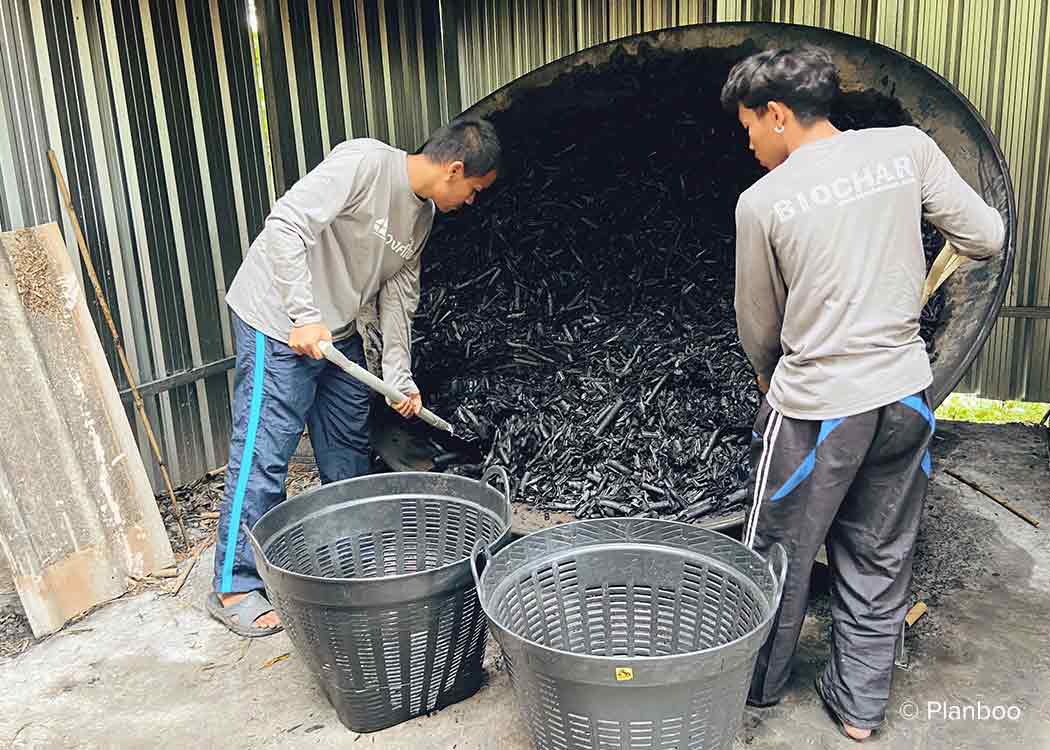
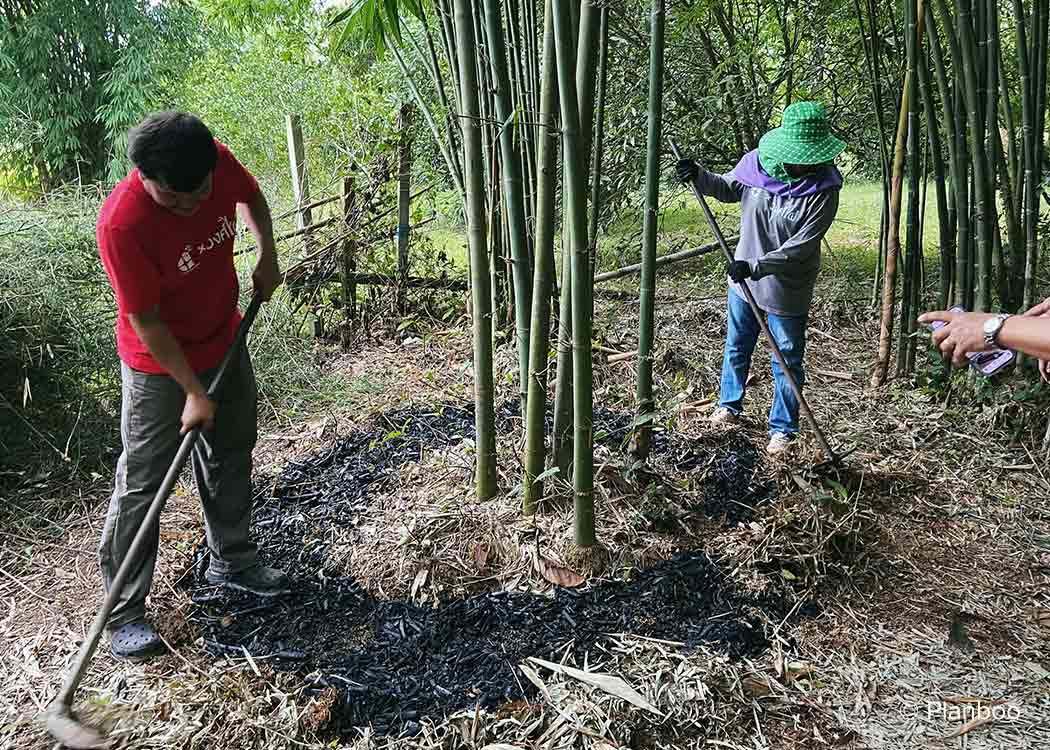
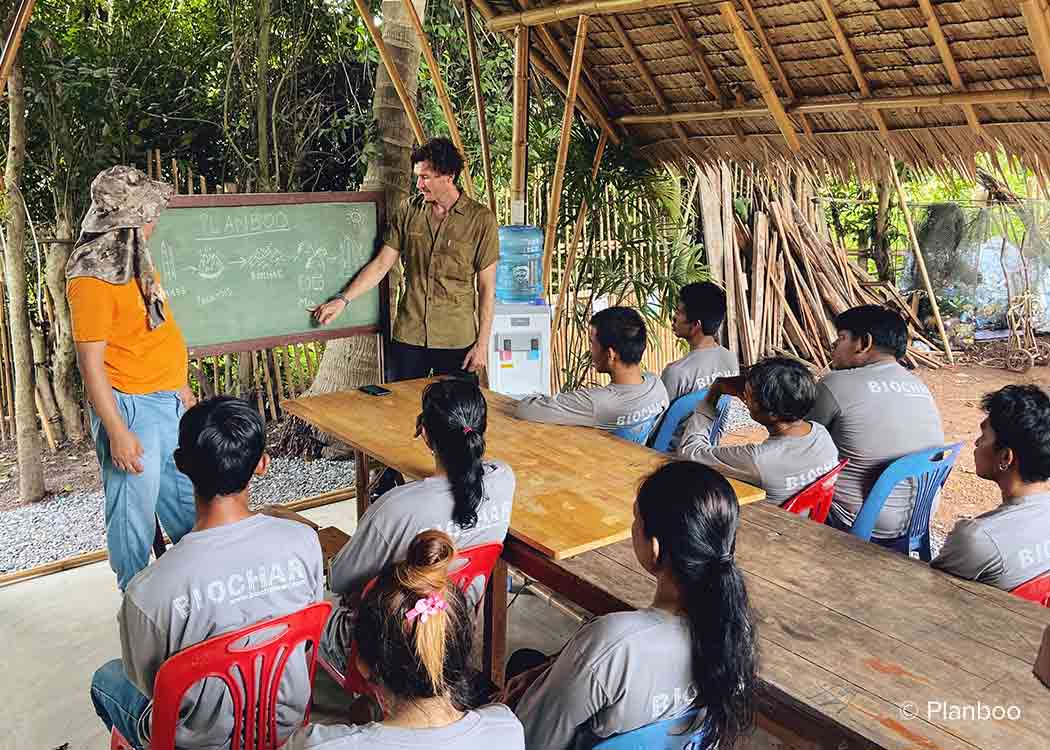
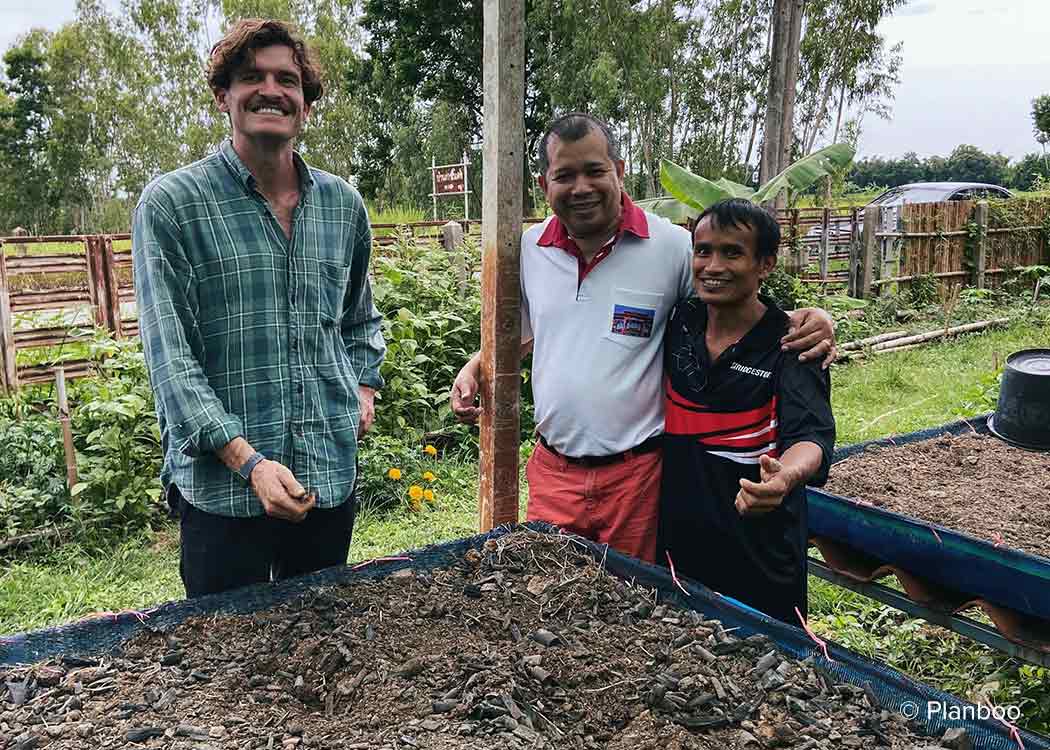
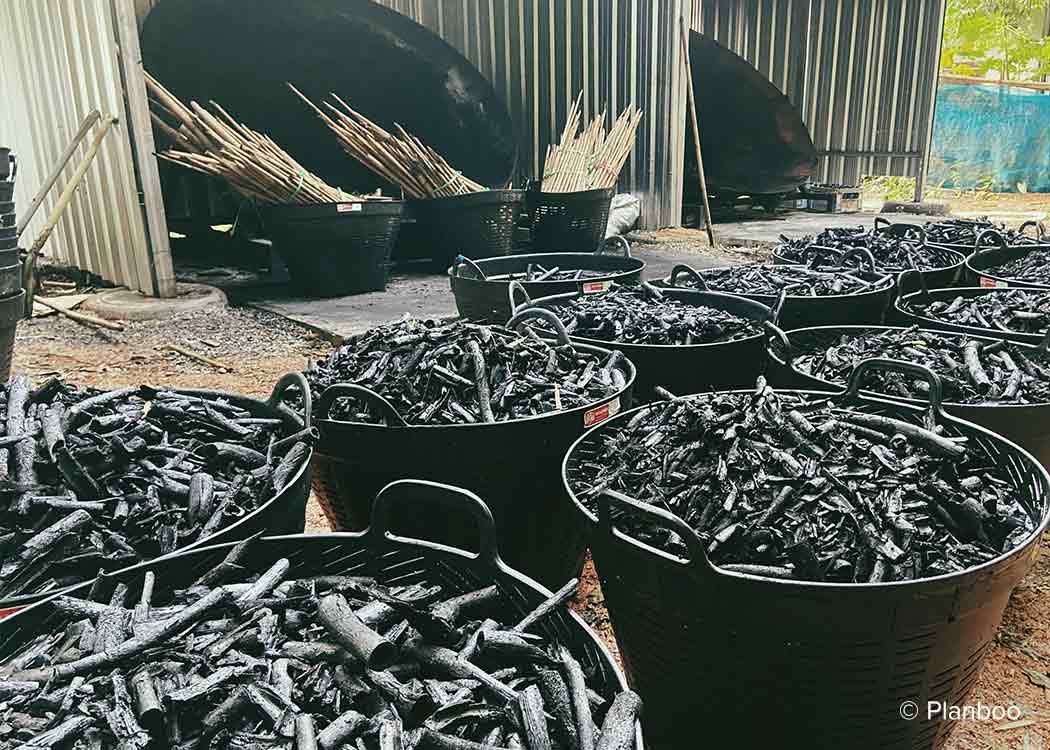
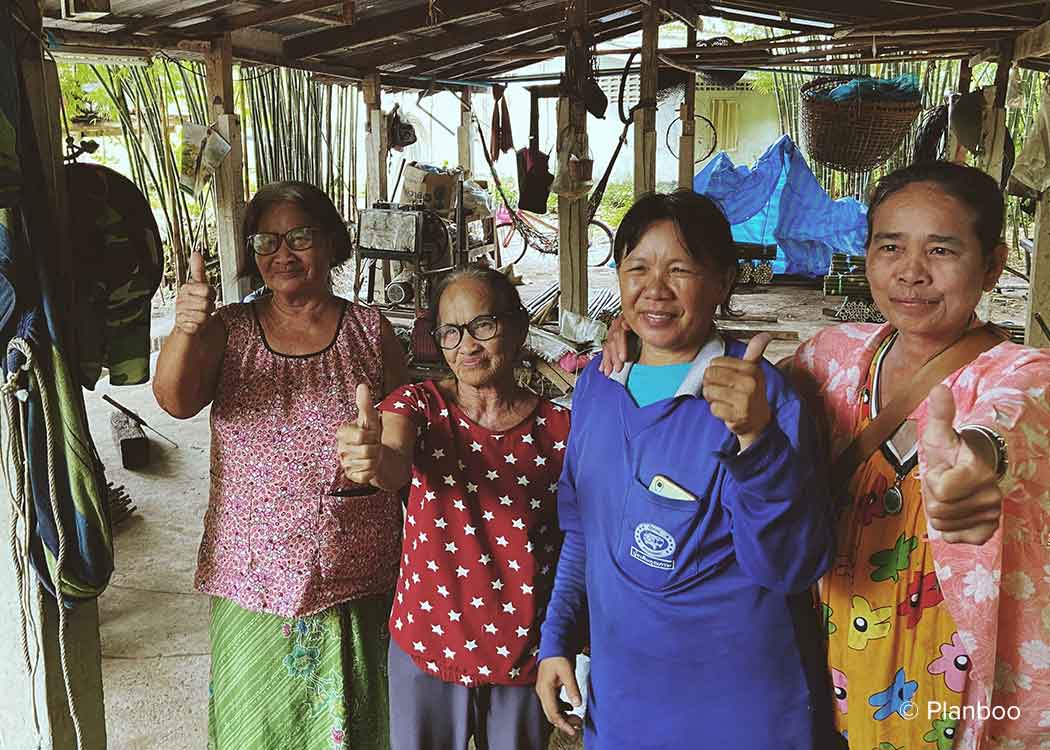
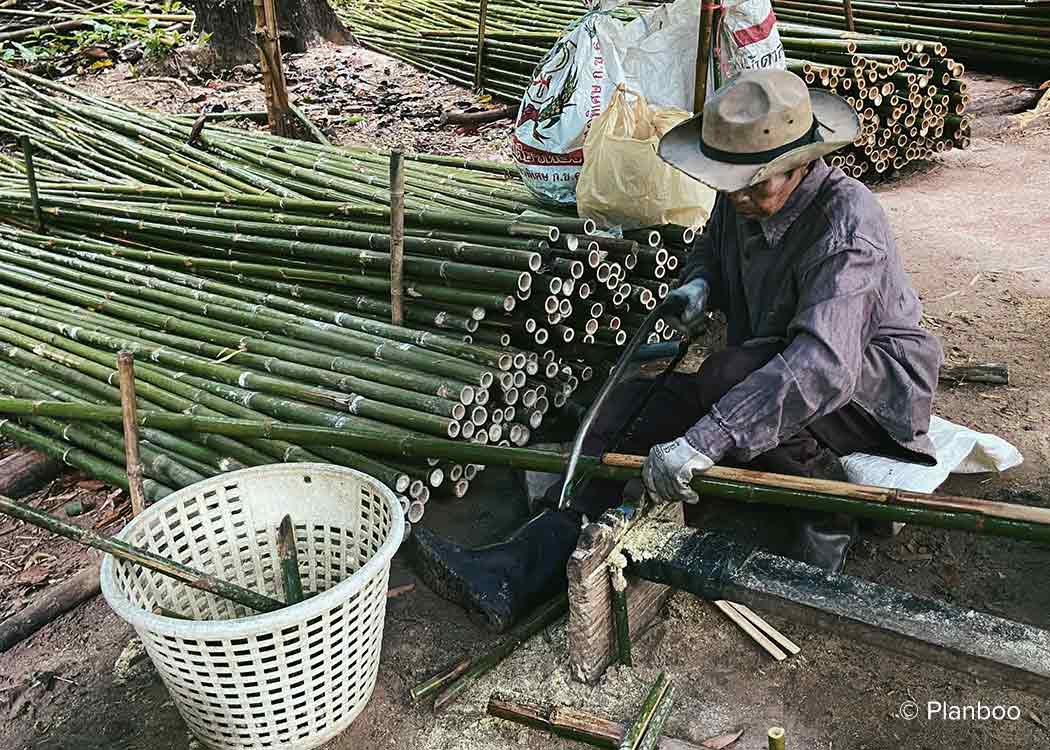
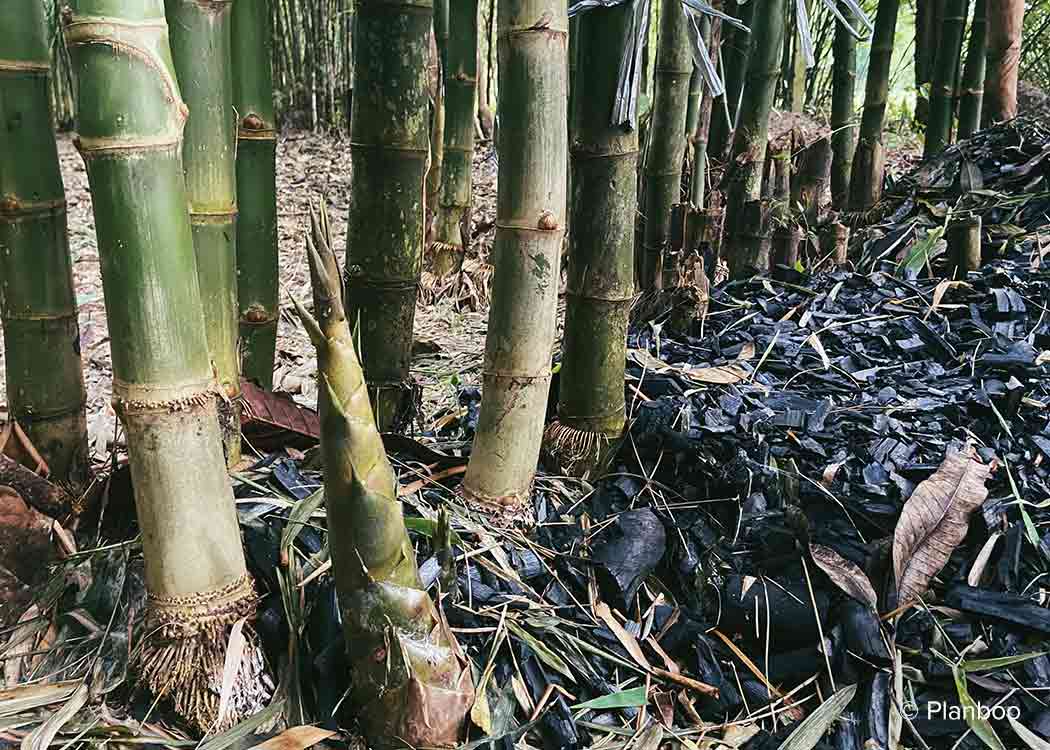
News & Stories
Offset your Travel Footprint
Calculate and offset the carbon footprint of your flight in seconds via our online carbon calculator. Already know your carbon footprint? Click the option to “offset now.”







